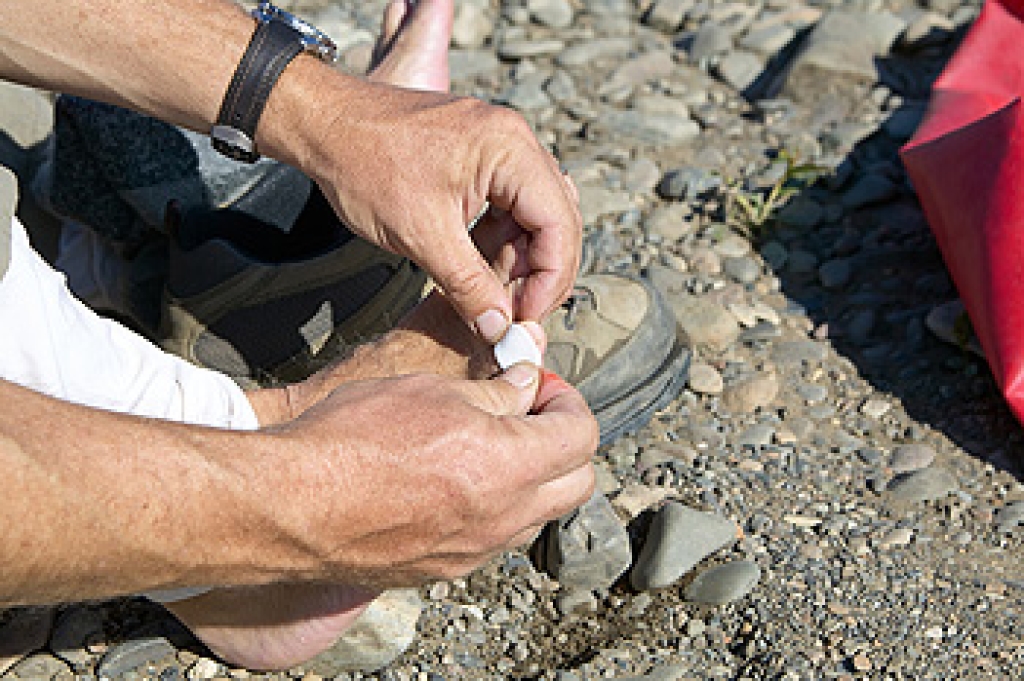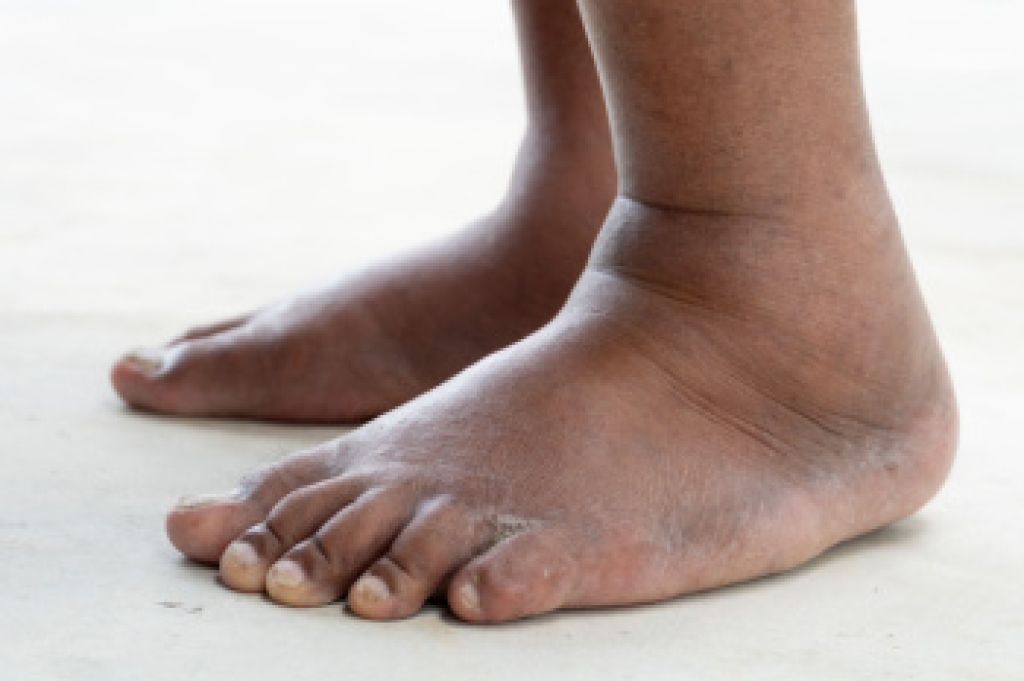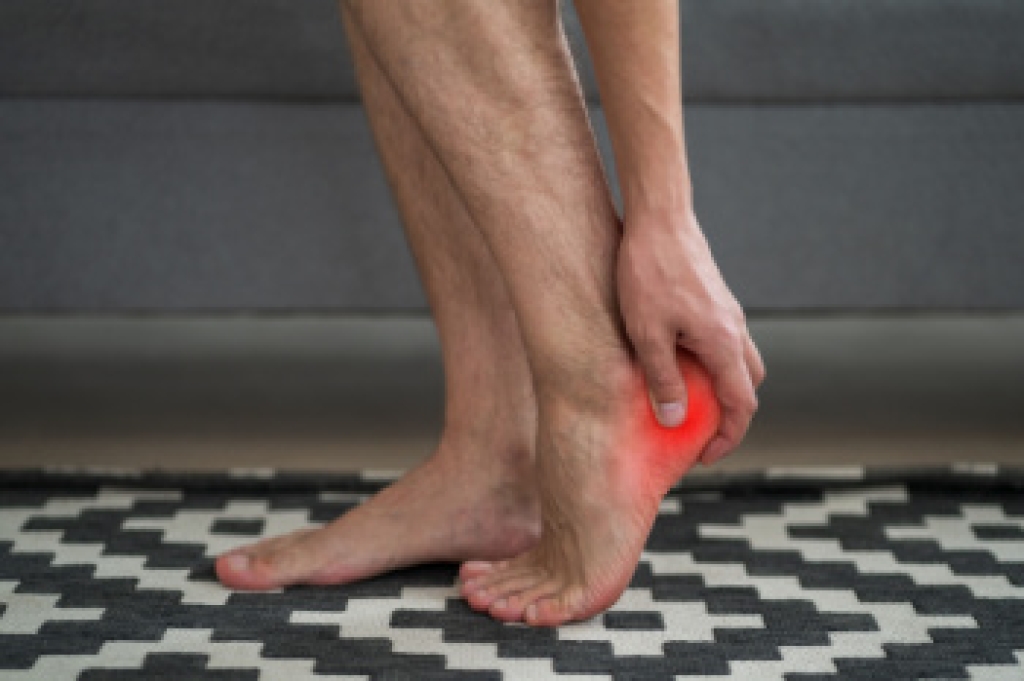
Toenail and toe pain while hiking is a common problem that can turn an enjoyable outdoor adventure into a painful experience. Causes often include wearing shoes that are too tight or too loose, friction from improper socks, and repetitive impact on uneven terrain. To prevent these issues, it is important to wear properly sized hiking shoes, gradually break them in before long treks, and choose socks with cushioning and reinforcement in key areas. These steps help reduce pressure on the toes, prevent blisters, and protect the toenails from trauma. A podiatrist can evaluate your foot structure, recommend appropriate footwear, and provide treatment for any persistent pain or nail injuries. If you have toe or toenail pain that is preventing you from enjoying your hiking experience, it is suggested that you consult a podiatrist for appropriate treatment solutions.
Toe pain can disrupt your daily activities. If you have any concerns, contact Mark Isenberg, DPM of Center for Podiatric Excellence. Our doctor can provide the care you need to keep you pain-free and on your feet.
What Causes Toe Pain?
Most severe toe pain is caused due to a sports injury, trauma from dropping something heavy on the toe, or bumping into something rigid. Other problems can develop over time for various reasons.
Toe pain can be caused by one or more ailments. The most common include:
- Trauma
- Sports injury
- Wearing shoes that are too tight
- Arthritis
- Gout
- Corns and calluses
- Hammertoe
- Bunions
- Blisters
- Ingrown toenails
- Sprains
- Fractures (broken bones)
- Dislocations
When to See a Podiatrist
- Severe pain
- Persistent pain that lasts more than a week
- Signs of infection
- Continued swelling
- Pain that prevents walking
Diagnosis
In many cases the cause of toe pain is obvious, but in others, a podiatrist may want to use more advanced methods to determine the problem. These can range from simple visual inspections and sensation tests to X-rays and MRI scans. Prior medical history, family medical history, and any recent physical traumatic events will all be taken into consideration for a proper diagnosis.
Treatment
Treatments for toe pain and injuries vary and may include shoe inserts, padding, taping, medicines, injections, and in some cases, surgery. If you believe that you have broken a toe, please see a podiatrist as soon as possible.
If you have any questions please contact our office located in Pensacola, FL . We offer the newest diagnostic and treatment technologies for all your foot and ankle needs.




